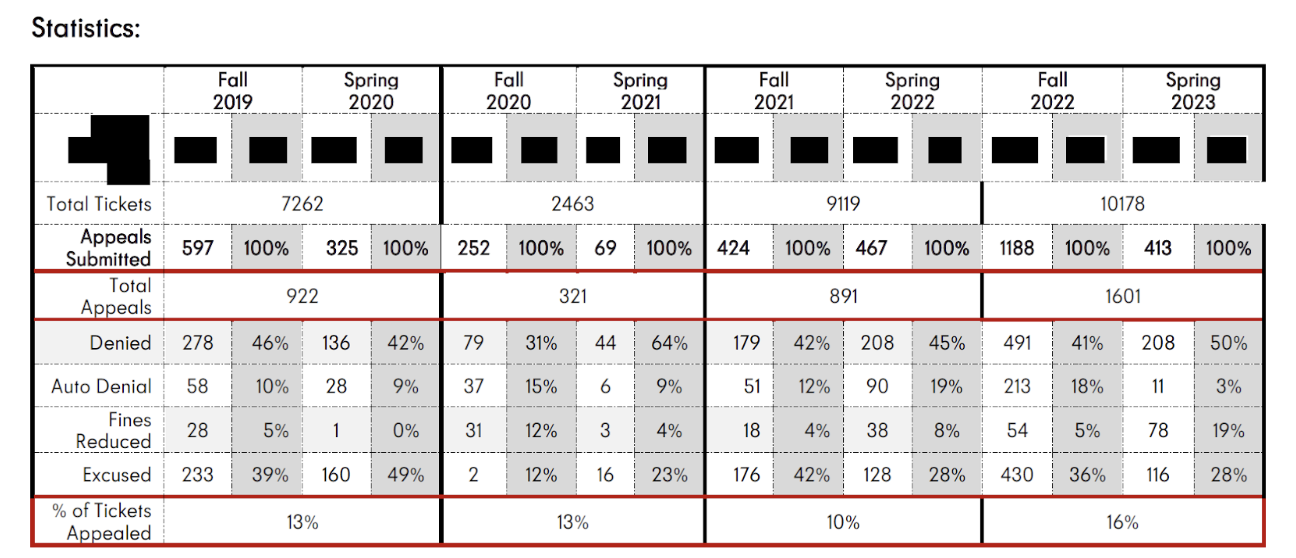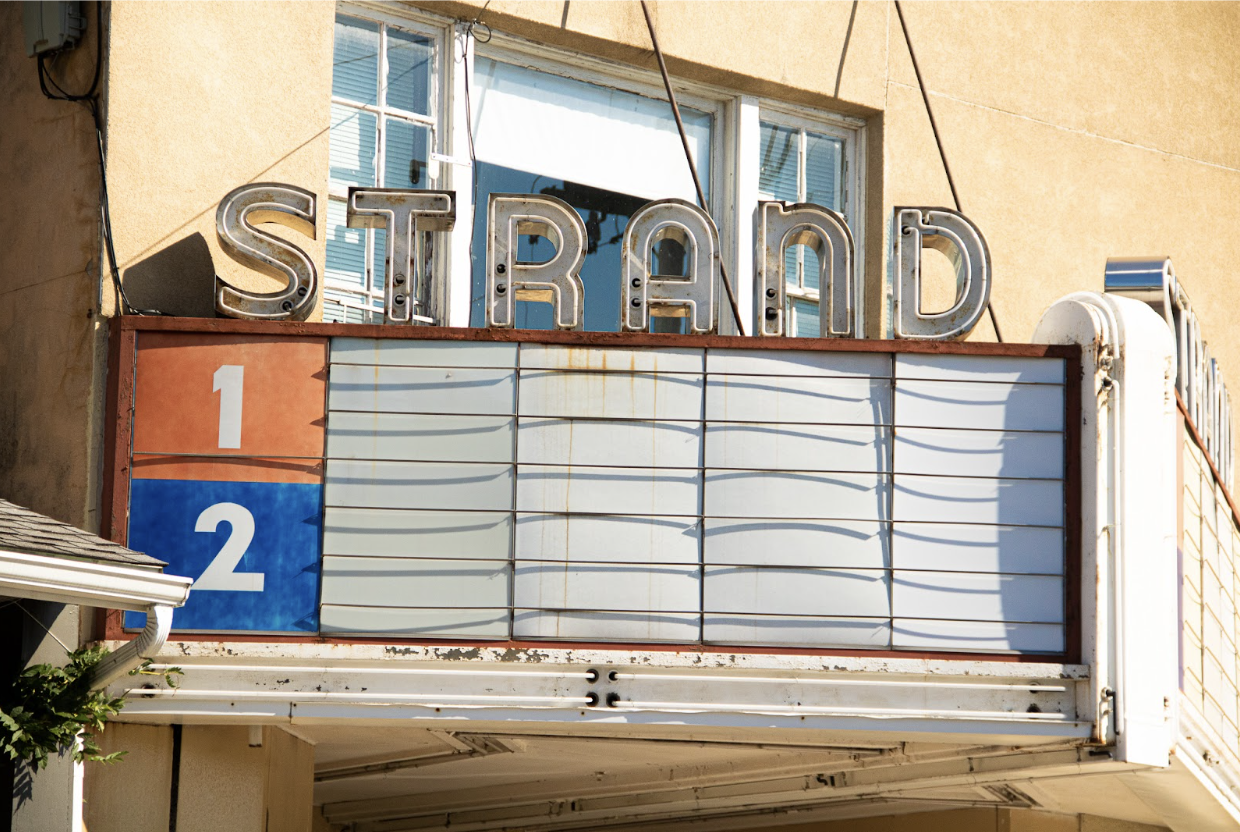Feed and Read, after years as an alternate source for KU students to obtain used and new textbooks, has closed as of March 2012. The Nebraska Book Company, which owned Feed and Read, filing for Chapter 11 bankruptcy, leading to the closing.
Located on South Whiteoak, Feed and Read was just a few minutes’ walk from the campus. In the mad scramble to obtain required texts, many students relied on it when the KU bookstore was out of stock, rather than ordering online and having to deal with the unpredictability of shipping.
Vicki Graft, KUSSI Retail Manager for the KU bookstore, shed some light on the effects of Feed and Read’s closing on the profits of the KU store and on the KU store’s relationship with online textbook resellers such as BigWords and Chegg. According to Graft, the KU bookstore and Feed and Read had a “good relationship.”
Any boosted sales from Feed and Read’s closing would go directly to students, as the bookstore is a nonprofit affiliate. This may mean it will be able to stock more books (both new and used) for the convenience of students.
Graft agrees that textbooks are too expensive, saying she “would love the cost of new textbooks to be lower,” and that the bookstore already does all it can to provide students with books at the lowest prices possible. However, book prices are set by the publishers, so there is only so much the bookstore can do.
This makes online booksellers a major source of competition for campus bookstores. For example, Amazon.com allows private owners to sell books for whatever price they wish, which is often far lower than the price of a new or even a used book in a campus store.
However, the KU bookstore has been holding its own against its online competitors.
According to Graft, “the KU Student Bookstore does everything we can to compete against online competition. From a book buyback app to an online price comparison tool, we have made purchasing textbooks as easy and competitively priced as we can.”
Textbooks can also be rented for a cheaper price than buying them, though many online stores offer renting as well.
E-books are also becoming more popular and are less expensive without the cost of printing and shipping to be considered, and many students own laptops they can be downloaded onto.
The future of campus bookstores is uncertain. Some speculation points to e-books as the future of textbooks.
When asked to comment on the notion, Graft said: “You never know what might happen, but I feel that there will always be a need for traditional textbooks. E-textbooks are still on the horizon of being the course material of the future, but they have not been adopted into the mass markets yet. Someday, they may truly replace the traditional book, but we feel that is still further in the future.”
People are known to be sentimentally fond of traditional books. They enjoy the weight and the physical act of turning the pages. It seems unthinkable that they would one day disappear, and that KU would only have a sweatshirt store rather than a bookstore.
By Emma Godfrey





Leave a Reply